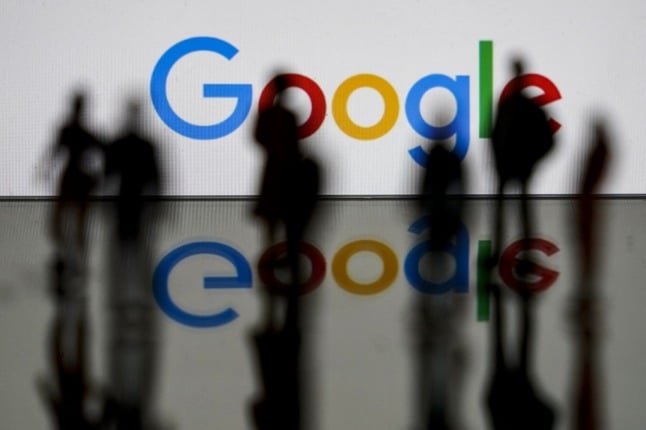The main reason for this trend is the influence of social media. In the German-speaking regions of Switzerland, media concentration reached 83 percent in 2018, while the corresponding amount in French-speaking Switzerland was 89 percent.
Media concentration is measured by looking at diversity of sources at an editorial level.
Social media
The research, which was completed by the Fög Institute at the University of Zurich, found that the importance of Google and Facebook in linking readers to news was strong and growing stronger.
The study found that one major result of increased social media integration with news was that there were fewer possibilities for news to be checked, leading to the spread of fake news and misinformation.
The impact of the shift can be seen with regard to advertising revenue. With Google currently taking two thirds (67 percent) of all online advertising in Switzerland, the entire Swiss online media market earns less than the American tech giant.
Respondents to the report said that they ‘often’ or ‘very often’ used Google as their primary news source.
Subscriptions to newspapers in Switzerland is also on the decrease, shrinking from 56 percent to 32 percent in the space of ten years.
Only 11 percent of respondents indicated that they subscribed to a news service.
All the news that’s fit to print?
The research showed that drinking coffee while reading over the morning paper is decreasing.
Almost two-thirds – 63 percent – of respondents said they consumed news ‘on the run’, while 39 percent said they preferred entertainment to news and only kept one eye on the day’s events at best.
Traditional outlets remain more trustworthy
When asked which platforms were the most trustworthy when it came to providing the news, just under half (47 percent) said traditional sources were the most trustworthy.
A total of 29 percent preferred search engines, while 17 percent said social media was the most trustworthy platform from which to procure the news.
Younger people are the most clued into the risks of social media, with 62 percent saying they are suspicious of news which appears on social networks.
p.p1 {margin: 0.0px 0.0px 0.0px 0.0px; font: 12.0px Helvetica}
p.p2 {margin: 0.0px 0.0px 0.0px 0.0px; font: 12.0px Helvetica; min-height: 14.0px}



 Please whitelist us to continue reading.
Please whitelist us to continue reading.
Member comments